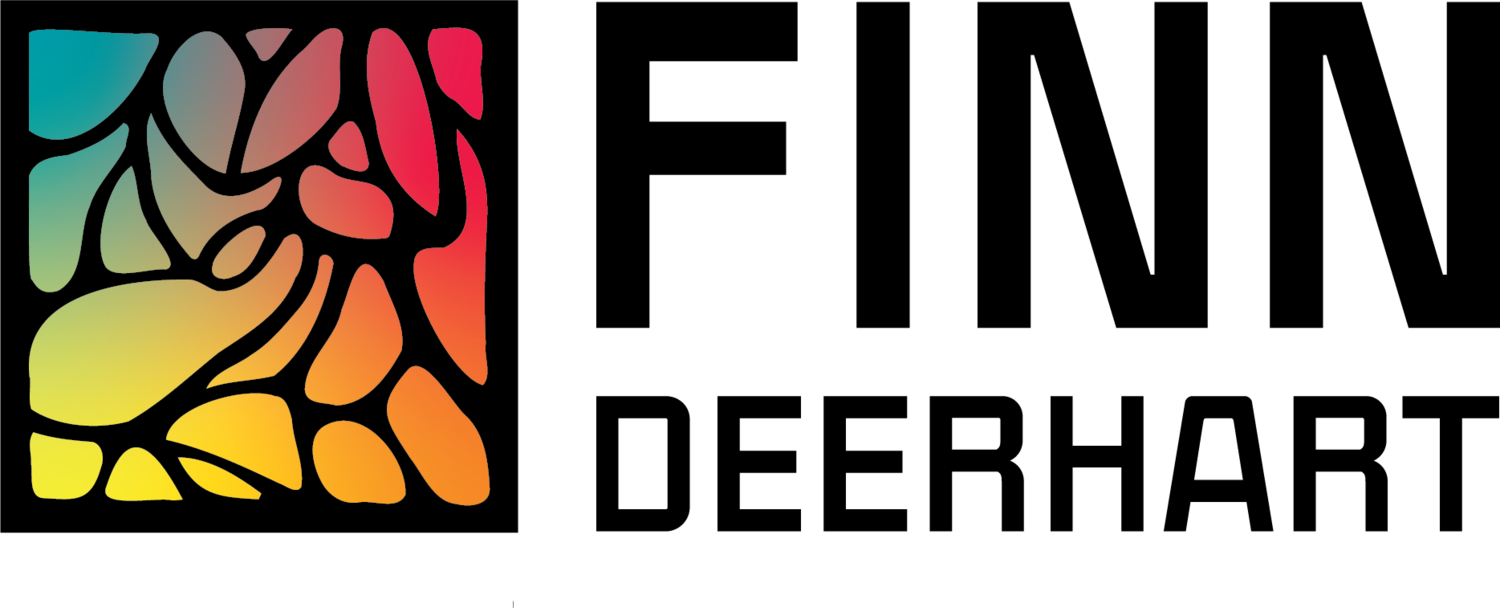Chosen Family Implies Action
After I came out of the closet, the majority of my biological family turned away from me. My dad and mom are no longer together; to this day, I interact solely with my mom, sister, and brother. Everyone in my extended family is devoted to fundamentalist Christian beliefs that preclude an authentic connection with me. I'm still in the process of figuring out if-when-or-how I may ever engage any of them again.
I used to beat myself up about the estrangement, telling myself that I needed to repair these broken connections--even though none of them have made meaningful attempts in my direction beyond "prayers for me daily." Thanks, but no thanks. Then, somewhere along the way, I decided that I'd save my energy for my chosen family. I didn't realize the considerable energy it would take to learn how to truly nourish these--or any--connections. In fact, I'd now consider this insight yet another gift of my queerness, since being an outsider offers a vantage point from which it becomes clear what has always been missing anyway: authentic connection fostered by presence and actions, not a structural fiat.
Years ago, family relationships were more codified and more structurally secure. One may never have left their hometown but instead worked alongside family members in agriculture, industry, or craft. For life. Additionally, there existed space within families for dissonant political opinions because those relationships themselves were built upon a bedrock of shared experiences engaging the whole family's survival needs. And for queer people, a deep, injurious cost to that stability was the subsequent amputation of queerness.
Now we live what sociologist Zygmunt Bauman calls a "liquid life," moving here and there around the globe due to a variety of motivations: school, work, pleasure, desire, etc. In our modern world, the shape of our lives does not stay solid for long, offering us increased possibilities as well as anxieties and unique burdens. Even more so, many queer people feel like they have no choice but to jettison original family structures and congregate in more liberal, urban areas so they might--maybe for the first time ever--enjoy a sense of belonging; maybe even survival since the ramifications of political polarization seem ever more treacherous. These days, it is queerness, itself, that allows many of us to reach an "escape velocity," making possible the very lives that never could've been ours in times past.
But what happens when we actually arrive in our urban gay meccas? We imagine salvation from the past. Yet, everything we've been through doesn't just go away; it just comes along with us. We don't know how to create meaningful, lasting connections. Modern urban life has been described by political theorist Lyndsey Stonebridge as "organized loneliness." We may talk about "chosen family," but how much do we really rely on each other? For many, chosen family amounts to people we'd invite to a gathering or with whom we'd have sex. But these people seldom know about our deepest vulnerabilities, longings, and needs. Which adds to our suffering. I've been asking myself, "How much am I willing to expose?" and "How much am I willing to show up for others?" If you're asking yourself these questions, you've probably discovered that our fluid lives are, more than ever, requiring us to cultivate new skills in order to build structural relationships on which we can depend. There is a lot more to say about this, but for now, I want to seed this question into your coming days: How much are you willing to show up for yourself and others?
During this holiday season, I invite you to intentionally choose to connect intergenerationally and across the spectrum of gender. Foster new connections with aging people. Make yourself available for younger people. Organize gatherings that emphasize interaction and vulnerability; there are so many ways to do this. An incredible way to connect with others is via service. Currently, I'm in the process of becoming a pen pal for an incarcerated person through Big Heart City Mediation SF, and I'd love it if you joined me in that endeavor. I believe it takes minimal effort to make a significant impact on someone's life. If you choose to participate, please feel free to reach out to me to share about your experience.
Whichever ways you choose to connect with others, remember that presence and action are what create bonds. For most of us, myself included, it takes work to cultivate the families we need. But for me, that work is healing my grief over the family I've lost.

